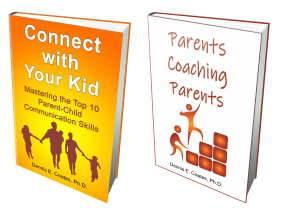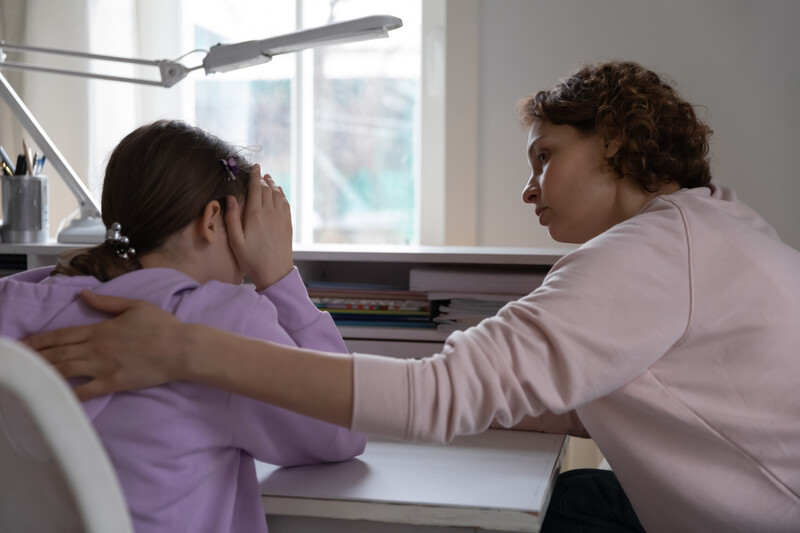Have you ever been exhausted, under pressure, and upset – all at the same time? If you have, then you know how easy it is to lash out, yell, or say something you later regret. This is a perfectly natural reaction.
But consider what your child would feel on the receiving end of your emotion. They’re likely to feel hurt and misunderstood. Suddenly, they’re not sure where they stand with you. They could even feel a loss of self-esteem, thinking they must somehow be flawed and deserving the attack. The outburst could push them away from you.
Flair-ups like these are are instantaneous and very difficult to control. Sadly, this regrettable but predictable outburst happens millions of times a day.
While there’s a way to sooth the wounds, it rarely happens. It’s an apology.
Apologies are tough because they involve an admission of guilt. This is especially true of parents, who may feel uncomfortable admitting any form of weakness.
But the impact of an apology on a child can be almost magical.
“Honey, I’m sorry. I’m so tired, and I have so much to do. I shouldn’t have said that. Can we start again? I promise to hear you this time.”
“Sweetie, I didn’t mean to say that. I’ve had a bad day and I just got frustrated. Please forgive me. Can we have a do-over?”
When you apologize, it reminds your child that you’re a real person, like them, capable of making mistakes. It can be traumatic to be attacked emotionally, and it’s reassuring to know you love them and want to address their needs. They sense it’s hard to own up to a mistake and respect you for making the effort.
Instead of alienating your child, your genuine apology, combined with affection, can draw your child closer. The practically instant healing is amazing. It reassures a child that the relationship is safe, loving, and enduring.
Apologizing to your child when you say or do something you regret may seem hard at first. But like all behavior patterns, the more often you do it, the easier it gets.
It’s worth the effort to draw your child closer to you, instead of gradually pushing them away.
 For more about apologies and other powerful parent-child communication skills, get the book, Connect with Your Kid.
For more about apologies and other powerful parent-child communication skills, get the book, Connect with Your Kid.
This book, along with Parents Coaching Parents, will help you make change happen.
You can grow the bond with your child through better listening. Download the FREE ebook, Listening to Understand.

